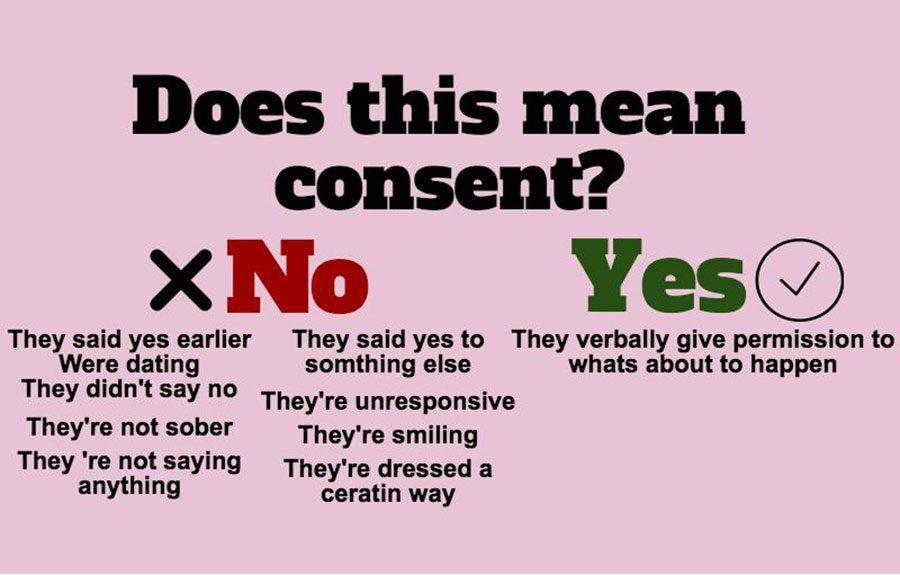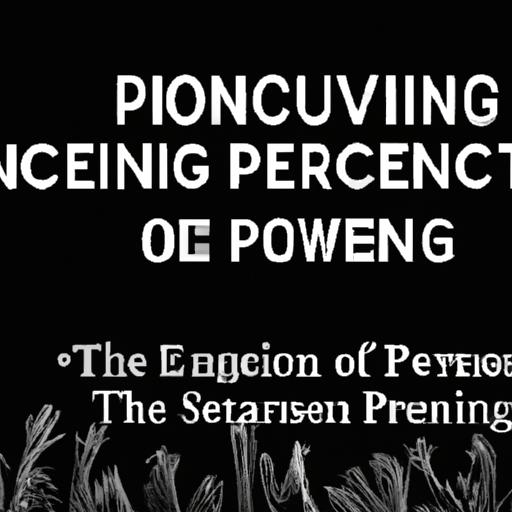Governments Need Your Consent—But They Never Ask.

Governments Need Your Consent—But They Never Ask
In modern democracies, a powerful truth often overlooked is that governments fundamentally rely on the consent of the governed. But how frequently enough do they actually seek this consent? In this article, we will delve into the reasons why consent is crucial, the alarming trend of governments operating without explicit permission, and what you can do as a citizen to reclaim your voice.
The Importance of consent in Governance
Consent is the bedrock of democracy.It signifies that the people grant authority to their leaders and agree to abide by the laws and rules established by the state. Here’s why consent matters:
- Legitimacy: Without consent, a government struggles to maintain legitimacy in the eyes of its citizens.
- Accountability: Governments must be accountable to their people, and the consent of the governed is a essential mechanism for this accountability.
- Social Contract: The concept of the social contract suggests that individuals give up certain freedoms in exchange for protection and governance.
How Governments Operate Without Your Consent
Despite the theoretical importance of consent, numerous instances exist where governments act without directly soliciting approval from their citizens. Here are some common ways this happens:
1. Legislation Passed Without Public Input
Many laws are passed by legislatures with limited public engagement. The voices of everyday citizens are frequently enough overshadowed by lobbyists and special interest groups.
2. Use of Emergency Powers
Governments may invoke emergency powers in crises, which can bypass the usual checks and balances without seeking the consent of the public.
3. Surveillance and Data Collection
in many cases,governments collect personal data without explicit consent,eroding privacy rights and civil liberties.
Benefits of Public Participation in Governance
Citizens should be involved in governmental decision-making, not only for ethical reasons but also for practical benefits:
- Improved Policies: Public input can lead to better-informed decisions that reflect the needs and desires of the populace.
- Enhanced Trust: When governments seek consent, it fosters trust and cooperation between citizens and leaders.
- Empowered Communities: Engagement empowers communities to hold their governments accountable, leading to a healthier democracy.
Case Studies: When Consent Was Ignored
Case Study 1: The Patriot Act
passed in 2001 in response to the September 11 attacks, the patriot act expanded government surveillance capabilities drastically without public consent. The law has faced criticism for infringing upon individual rights and civil liberties.
Case Study 2: Water Privatization in Bolivia
The Bolivian government’s decision to privatize water services in 2000 faced massive public backlash. The lack of consent from the affected communities led to widespread protests that eventually overturned the decision.
What Citizens Can Do to Reclaim Their Consent
As a citizen, it’s your right and responsibility to ensure that your government seeks your consent actively. Here are some practical tips to make your voice heard:
- Engage in Local Politics: Attend local meetings, participate in town halls, and make your voice heard in community decisions.
- Advocate for Openness: Support initiatives that promote governmental transparency and accountability.
- Utilize Social Media: Use social media platforms to draw attention to policies that require public input.
Building a Culture of Consent
A culture of consent in governance requires effort from both citizens and governments. It involves:
- Educating Yourself and Others: Stay informed about policies and the implications they have on your life.
- Demanding Accountability: Make it known that government actions should be based on public consent through petitions and campaigns.
- Voting: Always exercise your right to vote, as it is a direct channel through which you can give or withhold consent.
Conclusion
Governments operate on consent—a powerful principle that holds them accountable to their citizens.Yet, many times, this consent is taken for granted or fully overlooked. As informed citizens, we must stand for our rights and ensure that our voices are heard. By actively participating in governance, advocating for transparency and accountability, and educating ourselves and others, we can help rebuild a democratic society that truly respects consent. Remember, your participation matters; it’s time to reclaim your voice and demand the consent you deserve.




Responses